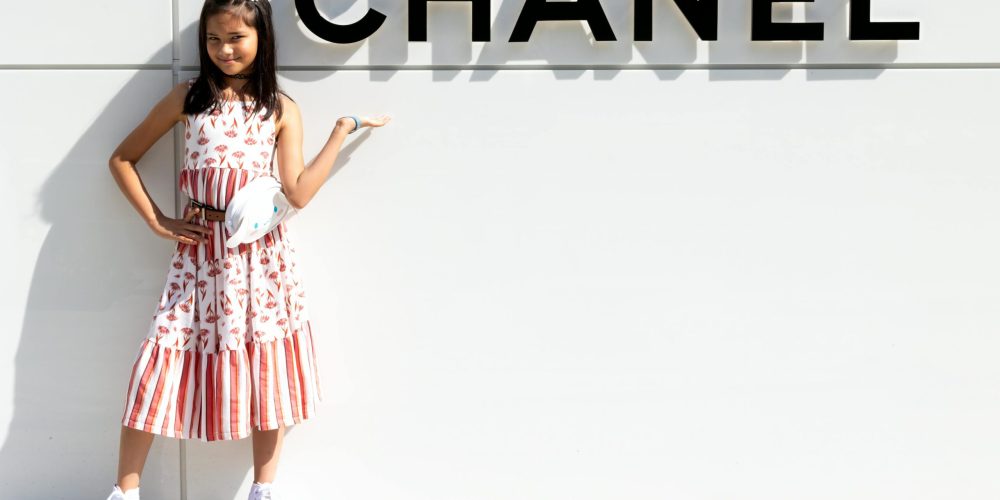Lawsuit Overview
Chanel’s lawsuit against What Goes Around Comes Around (WGACA) has been a focal point of attention within the fashion industry, sparking extensive debate and analysis. The legal dispute revolves around a multifaceted set of allegations, including trademark infringement, unfair competition, false advertising, and false association. These allegations are at the crux of Chanel’s contentions against WGACA, which asserts that the luxury resale company has been selling counterfeit products and engaging in deceptive marketing and unfair competitive practices.
For instance, Chanel’s lawsuit against WGACA is emblematic of the broader challenges faced by luxury brands in safeguarding their intellectual property rights and brand integrity in the increasingly expansive secondary market. The legal battle serves as a microcosm of the intricate dynamics between luxury brands and resellers, shedding light on the complexities of navigating trademark laws and combating counterfeit sales in the evolving landscape of the fashion industry.
About the Case
Chanel has won its case against luxury reseller What Goes Around Comes Around (WGACA), after a nearly one-month trial. The jury ruled in favour of Chanel on all four counts, including trademark infringement, false association, unfair competition, and false advertising claims.
Chanel maintains that WGACA has never sold counterfeit items and that the verdict was not about not selling a counterfeit but about selling items voided in Chanel’s database. Chanel is committed to protecting its brand and consumers against counterfeits of its intellectual property, and WGACA maintains no wrongdoing.
The ruling establishes boundaries within the luxury resale market and safeguards consumers against deceptive advertising and counterfeit products.
Chanel has won a lawsuit against WGACA, which claims to have never sold counterfeit items. The company claims that the ruling was not about selling counterfeits but selling items voided in Chanel’s database. Chanel is committed to protecting its brand and consumers against counterfeits of its intellectual property.
The ruling is expected to have implications on WGACA’s vetting and authentication processes, making it more costly for luxury secondhand retailers to operate. Secondhand platforms will need to increase their authentication and verification efforts and review their use of third-party trademarks in their advertising materials and social campaigns. Despite potential raised costs, the ruling is a net positive for the luxury resale industry, raising quality standards and ensuring that products are authenticated vintage items. The Chanel/WGACA dispute is far from over, with the next phase of the trial assessing damages.
What is Vintage
On 1 February, Justice Lewis Stanton raised the question of the definition of “vintage”, ultimately deciding that there isn’t a legal definition.
This case could help determine that definition as one with a high burden of proof, Lakha says. An item being made in a Chanel facility isn’t enough to render it ‘authenticated’ or ‘vintage’, she says. “The court found that the item has to bear a Chanel serial number and be put into its system. Based on the fact that so many brands are now manufactured and white labelled in the same facilities, items being registered in a brand’s system is the only real way to show authentication.”
The bag’s serial number is what gives it its resale value, she argues.
This ruling shows that vintage is defined through the method a brand can authenticate its items. Therefore, profiting on non-point-of-sale items bearing the Chanel logo could be seen as false advertising since those items were never really authenticated,” Lakha says. “Selling those Chanel point-of-sale items without the manufacturing, or quality control that Chanel provides would be no different than someone asking an artist to replicate a Chanel item or design for a fraction of the price.”
Chanel released the following statement once the verdict was reached.
“Chanel would like to express its deep gratitude to the jury for their service during the trial, which lasted nearly one month.
Conclusion
Chanel welcomes the ruling, which demonstrates Chanel’s unwavering commitment to protecting consumers and its brand against all false associations, trademark infringement, counterfeiting, and false advertising. Such infringements hurt consumers and harm Chanel’s goodwill and brand because they are likely to confuse the public as to the nature of the CHANEL-branded items they are purchasing.
Second-hand platforms, when they operate with transparency about the CHANEL-branded items they sell and cooperate with law enforcement and Chanel can help in the fight against counterfeiting.
We look forward to the next phase of the trial, which relates to damages”





